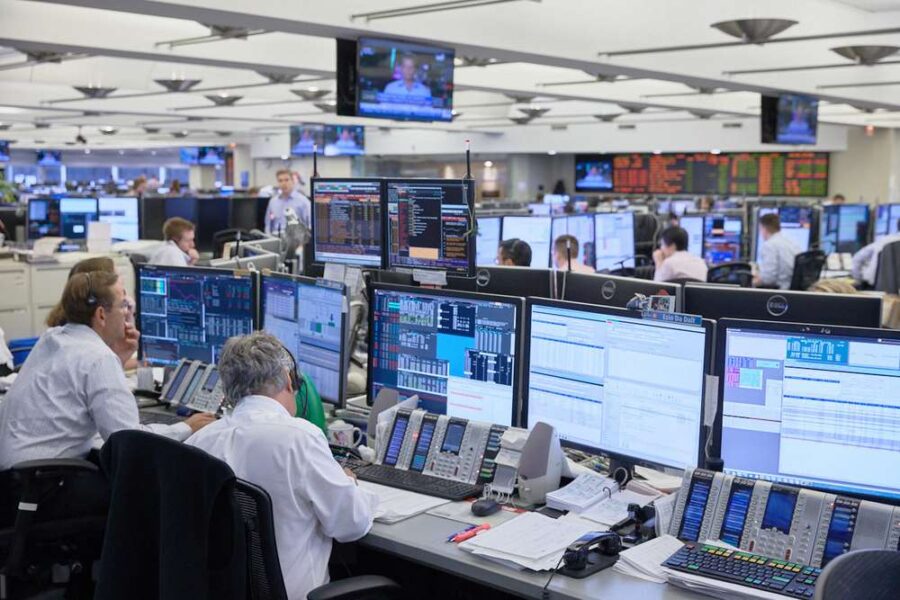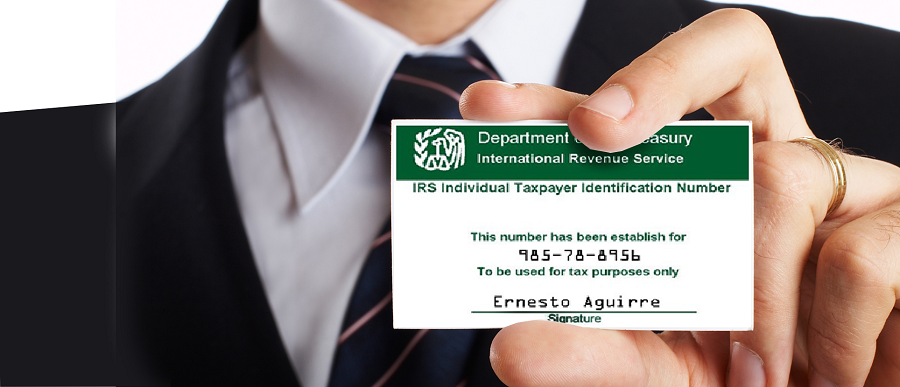Can one trade too much?
Can brokers or traders trade too much? If yes, how much is too much? There are rules regarding the quantity of risk that one can take. It does not matter if that entity is working for themselves or on a trading desk for a financial firm. There is a trade quantity that we can consider as appropriate. Reaching more than what is appropriate can be dangerous. However, it is no one’s responsibility to monitor how much trading one makes because there is no one regulating body for that. If you are a trader or a broker, you should know when too much is too much.
Brokers and churning
Sometimes, a broker may overtrade. And when we say over trade, he massively buys and sells stocks on the client’s behalf. We know that some brokers do not charge professional fees. Instead, they earn through commission and spreads. Have you heard of the term churning? This is the appropriate term for brokers who overtrade. The securities law strongly prohibits this. However, regulating bodies do not monitor this. So, clients should observe how many trades their brokers do. They should be doubtful when their trading has become counterproductive to the agreed investment goals. Shouldn’t you worry if your broker always gets high commissions, but there are not many good results and profitability for you in the long run?
Why would a broker churn?
A broker often churns because he may be pressured to place securities that a firm’s investment banking arm freshly issued. Let us say that every broker may receive a specific percentage bonus if they can ensure an allotment for new securities to their clients. Brokers are human, after all, and they also want to earn money at the end of the day. So, even when the new security is not the best option for the client, they will place it to earn that incentive.
If you are an investor or a client, you should not let this happen to you. So, you should know everything about wrap accounts as they can protect you from overtrading brokers. These are managed accounts with a flat rate instead of commissions per transaction.
Investors can also overtrade.
Have you tried playing in a fair? Let us say that you played one game with an exciting prize. If you lost a lot of money without even getting anything, there is a tendency that you want to try and recoup that money or still get that prize, right? This logic is similar to the reason why an investor may overtrade. A trader might want to take revenge or recoup the capital he lost by trying many more times even after already losing a lot. So, you should always trade at your own risk because not even the SEC can regulate what investors do in their accounts. Here are other types of overtrading that investors do:
- Discretionary overtrading
- Technical overtrading
- Shotgun overtrading
Here is what you can do.
There are many ways on how you can avoid overtrading. The first is to become aware that you are doing it. If you are losing continuously, you can pause and think before deciding to try again. Give yourself rules and limits on how much trade you can make. And finally, always remind yourself about risks and know how to manage them.





